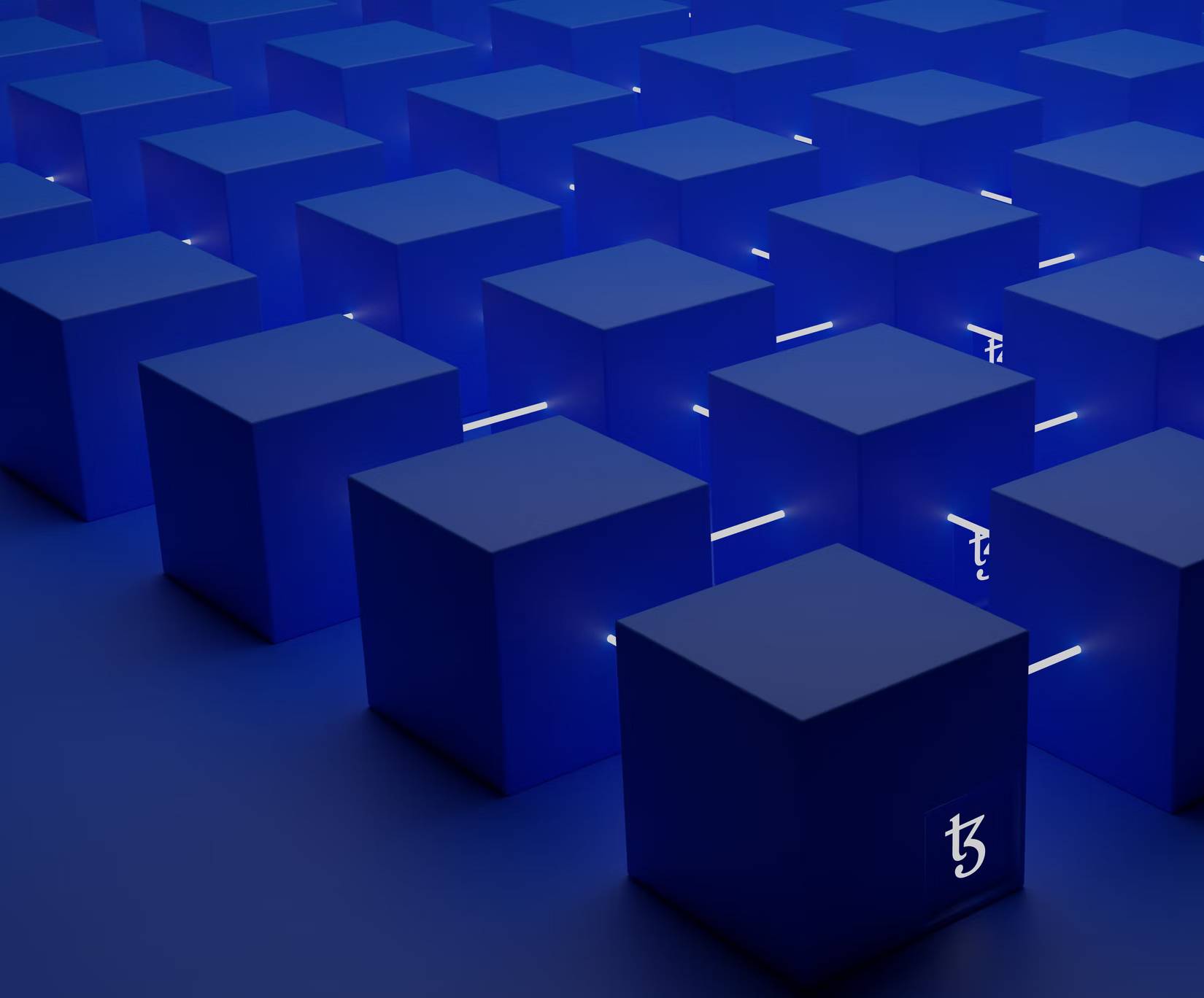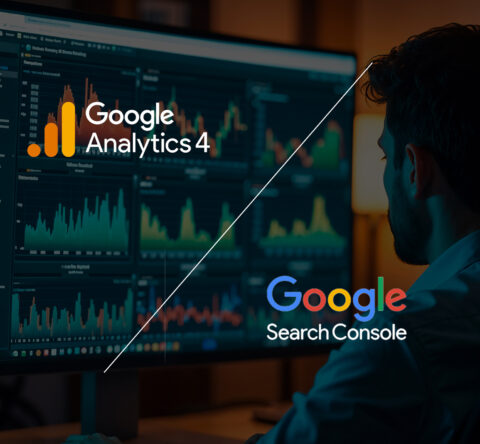Top 5 Blockchain Terms: Blockchain has become a buzzword with the rising interest in crypto and Web 3.0. Like any other investment, it’s beneficial to become familiar with the basics so that you know exactly what you are getting into. Blockchains play a vital role in cryptocurrency systems to keep them decentralised and secure. Read on to learn all about blockchain and blockchain terminology that every investor should know by heart.
Blockchain 101
So, what is blockchain technology? A blockchain is a decentralised digital database that keeps records of cryptocurrency transaction information. Some frequently asked questions regarding blockchain include:
Where did blockchain come from?
The concept was proposed as a research project back in 1991 and was only used in a real-world application when Bitcoin was invented in 2009. However, blockchain has come a long way since then due to the creation of other cryptocurrencies, decentralised applications (DApps), and (NFTs.) non-fungible tokens.
How does blockchain work?
Unlike a typical database, a blockchain collects information in blocks which are sets of information. Blocks have set storage that is filled, closed, then linked to the previous block that is also filled with information. New information is compiled into another block and added to the chain of data or blockchain which is permanent.
What is a ledger in blockchain?
These transaction records cannot be deleted, altered, or destroyed. Blockchains are also called distributed ledger technology (DLT) because it is not controlled by a central authority and are dispersed across computers around the world.

What is Layer 2 in blockchain?
A blockchain is a Layer 1 network in the decentralised ecosystem. A Layer 2 protocol, on the other hand, is a third-party integration that can be used on top of a Layer 1 blockchain to improve the underlying blockchain to improve its efficiency or scalability.
These protocols reduce the load of Layer 1 blockchains and typically have lower transaction fees. Bitcoin and Etherium are examples of Layer 1 blockchains while the Bitcoin Lightning Network and Ethereum Plasma are Layer 2 solutions.
Blockchain Terms You Should Know
As you become more familiar with crypto, there are blockchain terms you should know:
Bitcoin
A cryptocurrency household name, Bitcoin was the first successful blockchain-based currency and currently has the highest value on the market today. The Bitcoin cryptocurrency was created in 2009 by Satoshi Nakamoto and remains valuable despite the creation of altcoins.
Cryptocurrency
Cryptocurrency explained in layman’s terms is a currency that is decentralised and digital that can be used in transactions as a form of payment. With cryptographic methods, the proof of ownership of these currencies is established.
HODL
You may have heard of this term and wondered “What is HODL?” This term was coined in a 2013 forum and is short for “Hold On for Dear Life.” This expression, a misspelling of “HOLD” used to describe instances where crypto holders do not trade or exchange coins in hopes that the tokens in their possession will increase in value in the long run.
Mining
Mining is another term that is often used in tandem with Bitcoin but what exactly is mining in blockchain? When digital mining occurs, new Bitcoins are launched and available on the market.
How does Bitcoin mining work? Miners use computers to verify transactions on the blockchain where the digital key or hash for each block is found and linked with the next block. After every cryptographic key is found, a Bitcoin is “mined” and miners receive payment via crypto.
Smart Contract
While you may know them as the core of the Ethereum platform, what are smart contracts in blockchain? These are self-executing contracts that offer buyers and sellers transparency because the terms of an agreement are written into its code. The code and agreements exist across a blockchain network and control the verification as well as execution of transactions so that agreements are irreversible and trackable.
Related Post
Publications, Insights & News from GTECH








